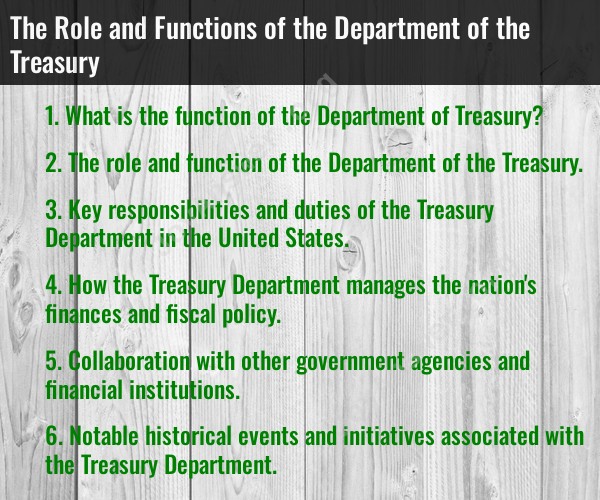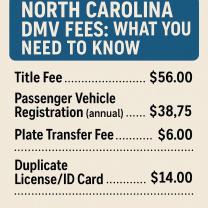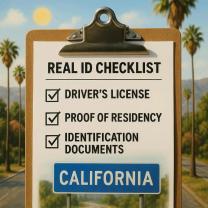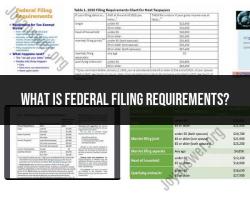What is the function of the Department of Treasury?
The Department of the Treasury, often referred to as the Treasury Department, is a vital executive department within the United States government. Its primary functions and roles include:
Fiscal Policy Management: The Treasury Department plays a central role in formulating and implementing fiscal policy. It manages the federal government's finances, including revenue collection, government spending, and the issuance of debt securities (e.g., U.S. Treasury bonds) to finance government operations.
Revenue Collection: The Internal Revenue Service (IRS), a bureau within the Treasury Department, is responsible for collecting federal taxes. This includes income taxes, corporate taxes, excise taxes, and more. The Treasury ensures that tax laws are enforced and that revenues are collected efficiently.
Debt Management: The Treasury Department manages the federal debt, including issuing and redeeming Treasury securities. It determines borrowing needs and develops strategies to fund government operations and programs while maintaining the government's creditworthiness.
Currency Production: The Bureau of Engraving and Printing (BEP) and the United States Mint, both part of the Treasury Department, are responsible for producing paper currency and coins, respectively. They ensure the security and integrity of the nation's currency.
Economic Policy: The Treasury Department provides economic analysis and advice to the President and Congress. It helps shape economic policies that promote growth, stability, and financial well-being.
Financial Regulation and Oversight: The Treasury oversees various financial institutions and markets to ensure their stability and integrity. It plays a role in regulating financial institutions and implementing economic sanctions and financial intelligence programs.
Banking and Financial Services: The Treasury Department operates as the government's bank and provides financial services to federal agencies. It manages the government's accounts, processes payments, and issues checks and electronic transfers.
International Finance and Trade: The Treasury Department handles international financial matters, including exchange rate policy, trade negotiations, and international economic cooperation. It works on issues related to foreign investments and international financial institutions.
Counterterrorism and Sanctions: The Treasury Department plays a crucial role in implementing and enforcing economic sanctions and measures against individuals, entities, and countries that pose threats to U.S. national security and foreign policy.
Cybersecurity: As financial systems increasingly rely on technology, the Treasury Department is responsible for safeguarding the financial infrastructure against cyber threats and ensuring the security and integrity of financial data.
Treasury Secretary: The Secretary of the Treasury is a key member of the President's Cabinet and provides advice on economic and financial matters. The Treasury Secretary's role is to oversee the department's functions and policies.
The Department of the Treasury is a multifaceted agency with a wide range of responsibilities related to the nation's financial and economic well-being. It plays a central role in managing the country's fiscal policies, ensuring the stability of financial systems, and safeguarding the integrity of the nation's currency. The department's functions are essential for the economic health and security of the United States.
The role and function of the Department of the Treasury
The Department of the Treasury is the executive agency responsible for promoting economic prosperity and ensuring the financial security of the United States. The Treasury Department is responsible for a wide range of activities, including:
- Managing the nation's finances
- Collecting taxes
- Issuing currency
- Overseeing the financial system
- Enforcing financial regulations
- Providing financial services to the government
- Advising the President on economic policy
Key responsibilities and duties of the Treasury Department in the United States
Some of the key responsibilities and duties of the Treasury Department include:
- Managing the nation's finances: The Treasury Department is responsible for managing the federal budget, issuing debt, and collecting taxes. The Treasury Department also oversees the U.S. Mint, which produces coins and currency.
- Overseeing the financial system: The Treasury Department oversees the U.S. banking system and enforces financial regulations. The Treasury Department also works to prevent and combat financial crimes, such as money laundering and terrorism financing.
- Advising the President on economic policy: The Treasury Department advises the President on economic policy and participates in the formulation of fiscal policy. The Treasury Department also represents the United States in international economic organizations, such as the G7 and the World Bank.
How the Treasury Department manages the nation's finances and fiscal policy
The Treasury Department manages the nation's finances by collecting taxes, issuing debt, and disbursing funds to government agencies. The Treasury Department also oversees the federal budget and works to ensure that the government's spending is in line with its revenue.
The Treasury Department manages fiscal policy by working with the President and Congress to set the federal budget and to develop tax policy. Fiscal policy is the use of government spending and taxation to influence the economy.
Collaboration with other government agencies and financial institutions
The Treasury Department collaborates with a number of other government agencies, including the Federal Reserve System, the Securities and Exchange Commission, and the Commodity Futures Trading Commission. The Treasury Department also collaborates with financial institutions, such as banks and investment firms.
Notable historical events and initiatives associated with the Treasury Department
Some of the most notable historical events and initiatives associated with the Treasury Department include:
- The establishment of the United States Mint in 1792
- The issuance of the first U.S. paper currency in 1861
- The creation of the Federal Reserve System in 1913
- The implementation of the Bretton Woods system in 1944
- The creation of the Securities and Exchange Commission in 1934
- The creation of the Commodity Futures Trading Commission in 1974
- The implementation of the Gramm-Leach-Bliley Act in 1999, which repealed the Glass-Steagall Act and allowed commercial banks to engage in investment banking activities
- The implementation of the Dodd-Frank Wall Street Reform and Consumer Protection Act in 2010, which was passed in response to the 2008 financial crisis
The Treasury Department is a vital part of the U.S. government and plays a critical role in promoting economic prosperity and ensuring the financial security of the United States.













